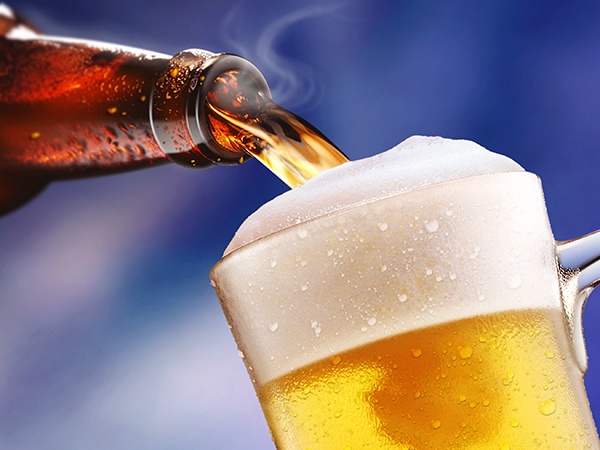
Diatomaceous Earth (DE) filtration systems are the traditional, tried and true, filtration systems that have been used around the world with superior results for over 80 years. About 10 years ago, a new filtration technology, membrane filters, became a filtration option, primarily for the brewing industry.
Here are some of the common questions asked today:
Q: Why would you choose a DE filtration system?
A: DE filtration technology has been and remains the dominant filtration technology of the brewing industry for over 80 years and thousands of systems have been installed around the world. DE filtration is usually selected to filter beer for several reasons:
. Low acquisition costs
. Readily available
. High efficiency, high throughput
. Excellent flexibility and adaptability (to achieve certain filtration characteristics)
Q: What is the main challenge in beer filtration, no matter the type of filtration technology?
A: The most difficult particles to remove from a liquid are those that are:
. Small (sub-micron)
. Biological in nature (soft & compressible)
Very small particles are not really solid particles at all, but are in a grey area of being partly solubilized macromolecules. In beer, some of these are important as they contribute to the foam stability, the color and texture of the brew and what’s called “mouth feel”. Other small particles cause haze and instability and need to be retained in the filter.
The problem with a filtration system (membrane) which is 100% based on particle size is that important components can be lost – components that add to the taste and “personality” of the beer. Only DE filtration technology is capable of a more selective filtration process.
Q: What is the downside to a membrane filtration system?
A: A membrane filtration system will significantly increase water and energy costs, simply because of how the technology works, leading to increased capital and operating costs. Membrane filters are complex to operate and maintain and require special additives (enzymes, peroxides). Membrane filters remove specific sized particles based on the size cartridges installed, so there isn’t the adaptability that you’ll see with a DE filter to make changes, depending on the nature of the beer. Membrane filters can strip flavor from the beer and are also prone to fouling, decreasing flux rate over time, and clogging problems.
Q: What is the downside to a DE filtration system?
Beer making, and therefore beer filtration, is an art. A DE filtration system, by the sheer nature of the system being adaptable and flexible, allows the operator to adjust the system to bring out the best taste and best quality in beer. This takes time and a knowledgeable operator. Beer filtration can be a time consuming process to properly prepare, set up, maintain and clean a DE filter system.
Q: Why would you choose a membrane filtration system?
A: Membrane filtration manufacturers have touted membranes as a safer, greener and more convenient alternative to diatomaceous earth. Diatomaceous earth contains low levels of crystalline silica simple control procedures eliminate any potential health issues. A good amount of “spent cake” is produced when using DE. Membrane filter companies have indicated that spent cake is not recyclable, but that has been proven incorrect, especially with recent developments in spent cake recycling, as evidenced here http://blog.epminerals.com/recycling-diatomaceous-earth-spent-cake-from-filtration-into-a-fertilizer and http://blog.epminerals.com/blog/california-vineyards-recycle-de-spent-cake-from-filtration-into-compost
Q: What is the overall best liquid filtration system?
A: Natural filtration is always best. Beer is a natural product and will exhibit variability at the filter. That variability requires a filtration system that is adaptable and flexible. You want a filtration system that will produce the finest beer possible, especially from a taste perspective. A natural DE filtration system works best for the following reasons:
. Adaptability to varying filtration requirements is easy
. A wide variety of filter aid permeability choices exist to meet specific beer brand challenges
. High throughputs with minimal footprint in the cellar
. Up to 6 times lower water consumption
. Up to 2 times lower energy consumption
. Low capital investment required. Low cost for filter media.
. DE filtration systems are indeed sustainable. The spent cake that is produced is recyclable.
Let’s talk about filters! For more information on filtration, we’d like to have you talk to a filtration expert.

